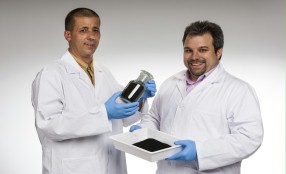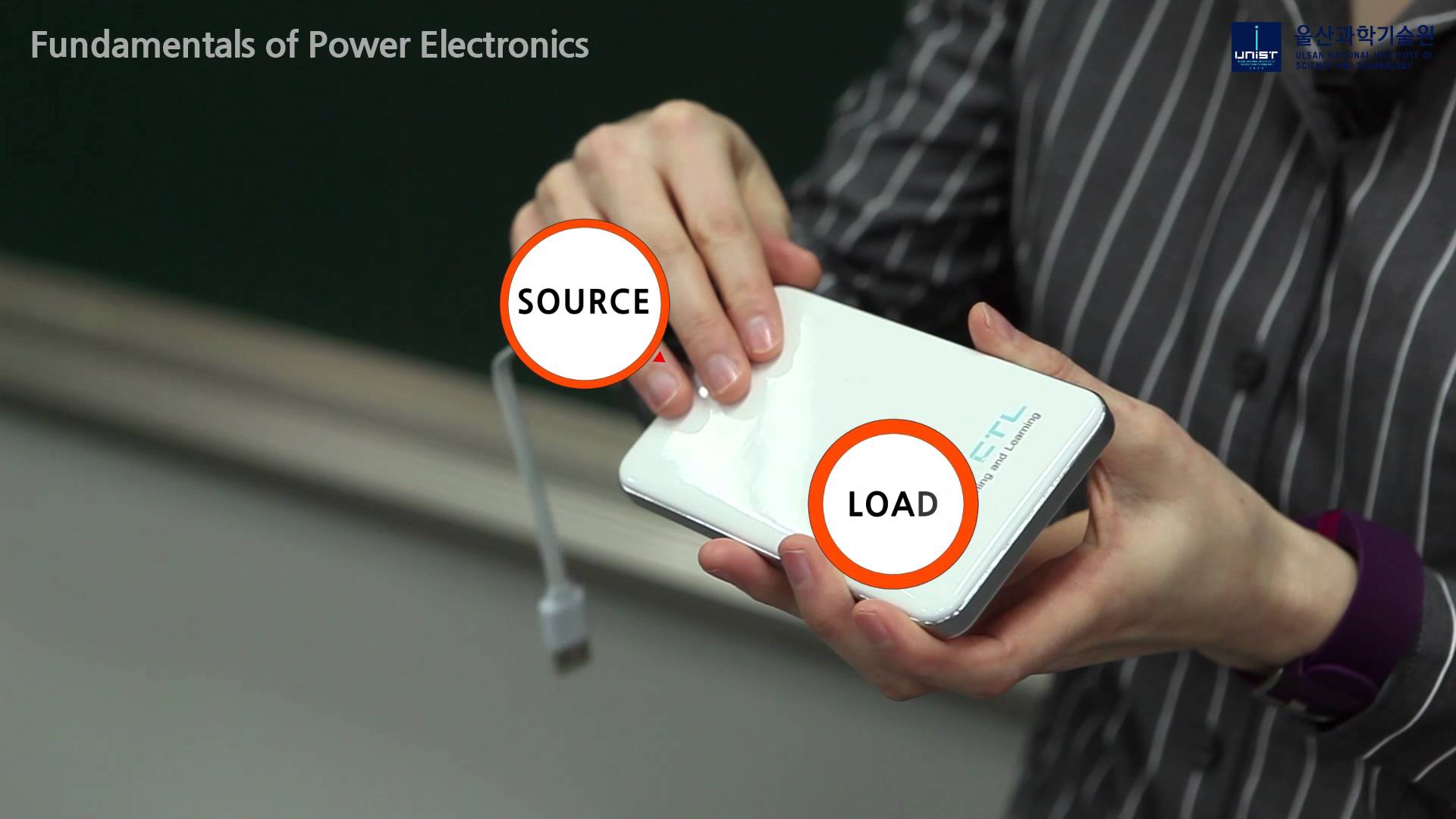News Article
Porocarb could improve lithium-ion battery performance

Heraeus is launching Porocarb, a completely new product family of conductive porous carbon powders for electrochemical applications such as battery additives. A team of developers from the new product group led by Christian Neumann spent more than three years developing these novel carbon particles with pore-size distribution ranging from 10 and 1,000 nanometers and internal pore volumes up to 2.5 cubic centimeters per gram. "Our product closes the pore size gap between carbon felts in the low micrometer range and mesoporous carbons with pore sizes lower than 50 nanometers, thus opening up new areas of application," Neumann says.
Thanks to Porocarb's unique pore-size distribution, porous carbons are now available for electrochemical storage systems where they improve ionic conductivity in electrodes. Neumann elaborates, "Interesting applications include using Porocarb as an additive to improve the performance of lithium-ion batteries. Porocarb can also be used as a robust catalyst support for fuel-cells. This new product makes it possible to increase the capacity of lithium-ion batteries in smart phones without increasing the size of the battery or to make the battery even smaller without affecting capacity."
More effective electrodes for lithium-ion batteries
High energy densities and long cycle life are the most important factors for electro-chemical storage systems like Li-ion cells. Lithium ion transport in the electrolyte to all active materials at high electrode densities is the primary barrier to maximum performance and longer life span. This is mainly due to the compression step involved in the electrode manufacturing process.
When Porocarb powder is added to electrode slurries, high-porosity areas remain after the electrode compression. This leads to more effective ion kinetics while keeping the overall electrode density high, making it possible to double the thickness of the electrode layer without lowering performance. In addition to increased storage capacity, this has significant cost advantages in terms of manufacturing costs. Porocarb's macropores should also reduce loss of capacity (fading) due to anode degradation by solid electrolyte clogging. Furthermore the porous particles lead to enhanced mechanical stability of the electrode after compression. "This new material can be easily integrated into existing production processes using standard equipment," says Christian Neumann, describing another key characteristic of Porocarb.
Another area of application could be the next generation of lithium batteries. Composites are already being used in research and development of these systems where porous carbon provides both electrical and ionic contact with high-energy conversion electrode materials with poor electrical conductivity.
Porocarb's manufacturing process relies on expertise in producing fused silica
The innovative template-assisted process for obtaining Porocarb is based on decades of expertise in the manufacture of synthetic fused silica. Intermediate products for these glasses are used. A structural template with pore-size distribution ranging from a few nanometers to micrometers has its origin in this technology. Carbonaceous precursors are deposited on all porous inner surfaces of this template. Finally, the silica template is separated chemically from the self-similar carbon framework that has developed.



































